News
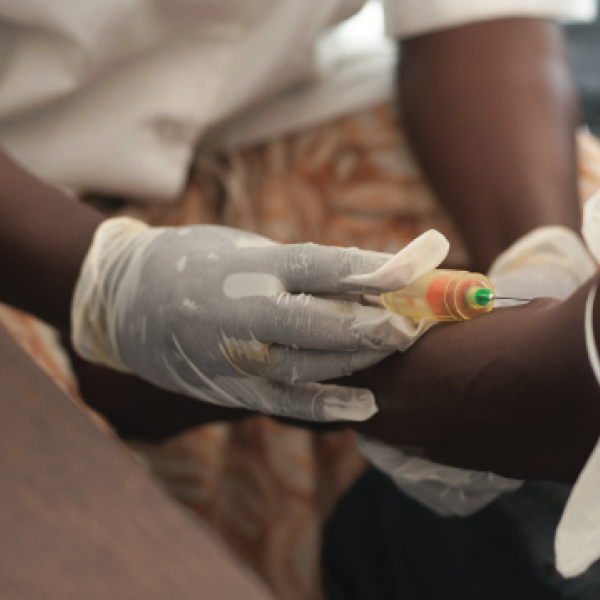
Nov 28, 2023
Q&A: Modeling measles amidst a global disruption in vaccine supplies
According to a new report by the World Health Organization (WHO) and the U.S. Centers for Disease Control and Prevention (CDC) published Nov. 17 in the CDC’s Morbidity and Mortality Weekly Report, a drop in vaccination coverage led to a 72% increase in reported measles cases and a 43% increase in measles deaths during 2021-22.
Full Article
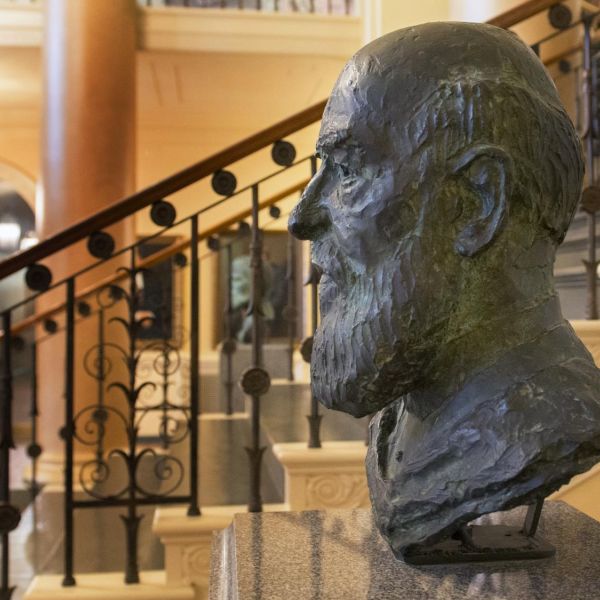
Apr 13, 2023
Penn State announces 2023 University-wide faculty and staff awards
Each spring, Penn State recognizes outstanding faculty and staff with annual awards in teaching and excellence. These awards highlight many of the University's faculty and staff who go above and beyond in their work at Penn State.
Full Article
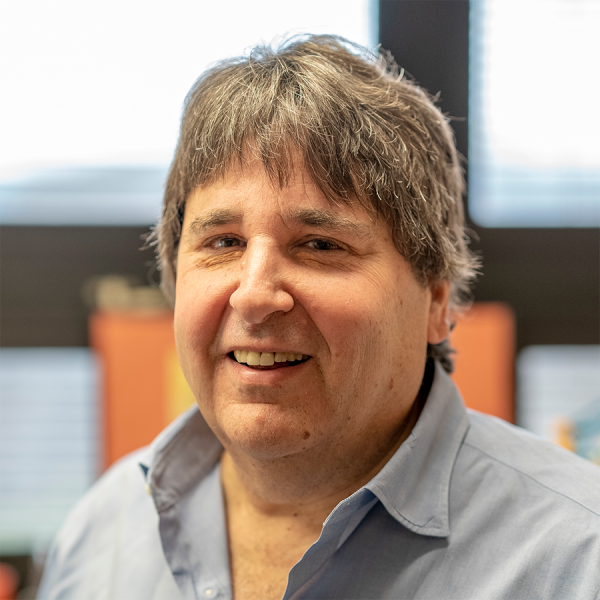
Nov 16, 2022
Penn State community grieves loss of biomathematician Howard Weiss
Howard Weiss, professor of biology and mathematics at Penn State, passed away peacefully in his sleep on Nov. 5 at the age of 64.
Full Article
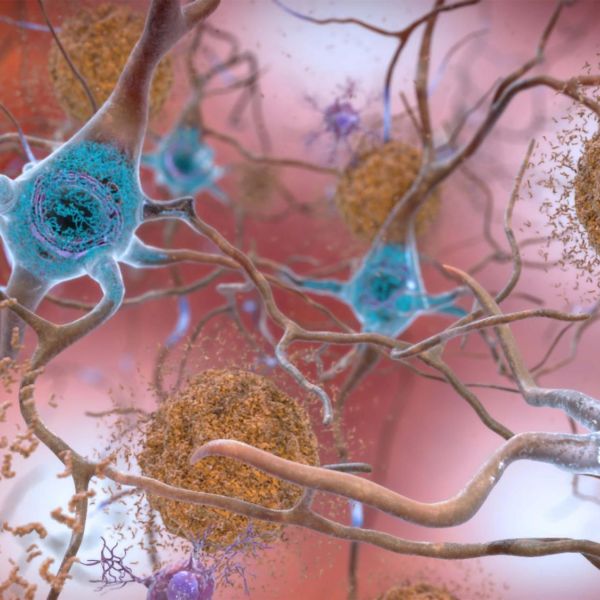
Nov 02, 2022
Two Alzheimer’s drugs tested head-to-head in first-ever virtual clinical trial
An estimated 6.2 million Americans ages 65+ are living with Alzheimer's disease. The national Alzheimer's Association predicts the number to grow to 13.8 million by 2060, barring the development of medical breakthroughs that would prevent, slow or cure the debilitating disease.
Full Article
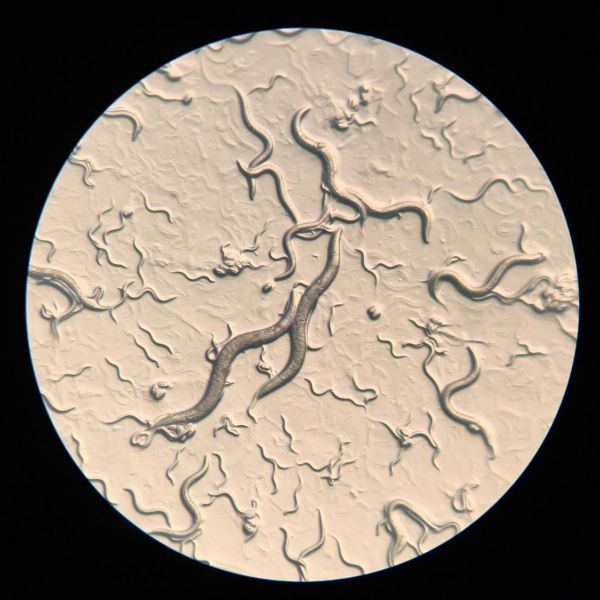
Oct 03, 2022
Disease outcomes differ by new host species in virus spillover experiments
Why has the SARS-CoV-2 virus ravaged the global human population, but many other animal viruses haven't? Using nematode worms as a model, researchers at Penn State conducted a set of experiments to investigate the factors influencing the disease outcomes of virus spillover events.
Full Article
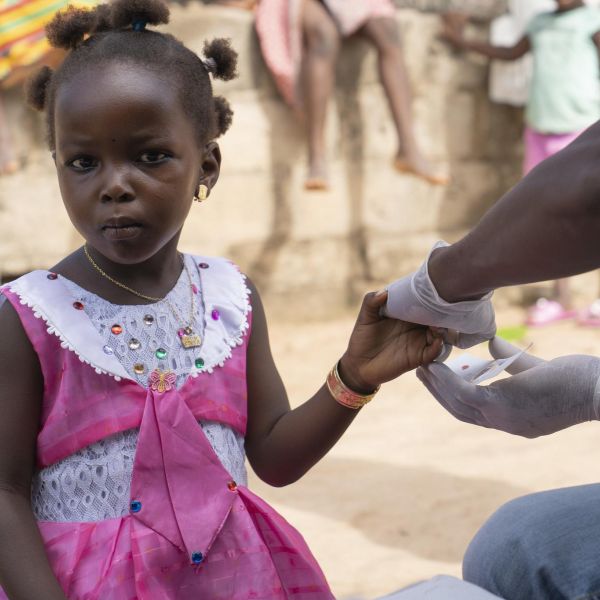
Aug 29, 2022
Partner-drug resistance accelerates resistance of first-line malaria drug
A new research collaboration between Penn State, Oxford, and Imperial College London demonstrates that resistance to partner drugs facilitates resistance evolution to artemisinin, the world’s most important first-line drug for the treatment of malaria.
Full Article
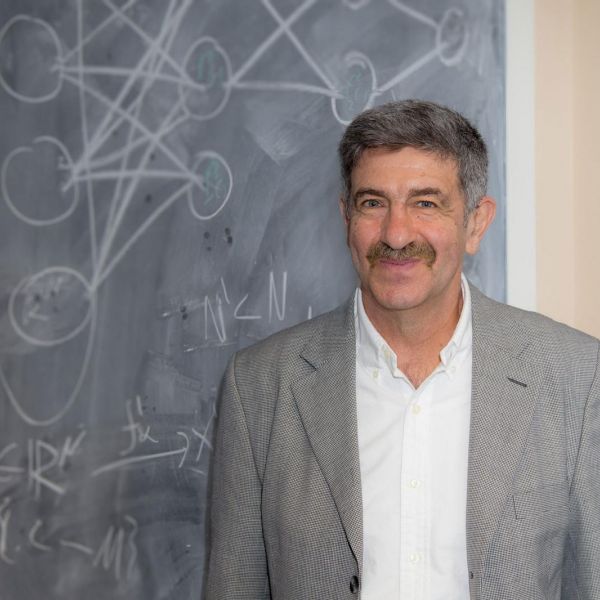
Dec 10, 2021
Mathematics professor receives Humboldt Research Award
Leonid Berlyand, professor of mathematics at Penn State, a member the Penn State Materials Research Institute, and co-director of the Center for Mathematics of Living and Mimetic Matter at the Huck Institutes of the Life Sciences, has been awarded a Humboldt Research Award by the Alexander von Humboldt Foundation of Germany.
Full Article
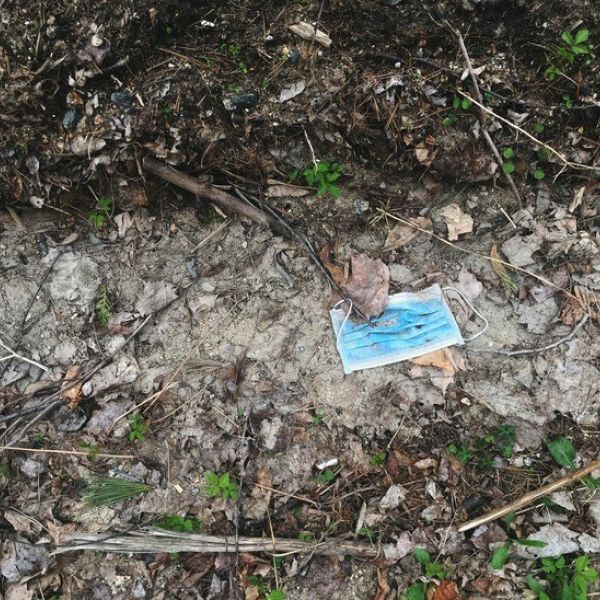
May 06, 2021
Models project COVID-19 cases may spike in May, before sharply declining by July
With lower use of public health measures, such as mask wearing, COVID-19 cases are projected to increase and peak during May 2021, but high vaccination uptake and moderate compliance with public health recommendations could mitigate surges in hospitalizations and deaths in the coming months, according to new model projections.
Full Article

Mar 18, 2021
Ottar Bjørnstad elected to Norwegian Academy of Sciences and Letters
Ottar N. Bjørnstad, distinguished professor of entomology and biology and J. Lloyd & Dorothy Foehr Huck Chair of Epidemiology at Penn State, has been elected to the Norwegian Academy of Sciences and Letters. Bjørnstad was recommended as a result of his significant contributions to the fields of population ecology and quantitative epidemiology.
Full Article
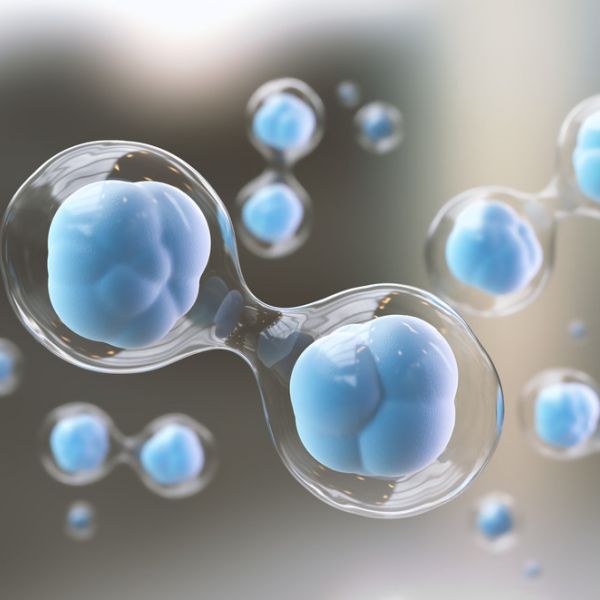
Feb 12, 2021
Researchers awarded $1.5M to create stem cell predictive model
Stem cells are the building blocks of the body, according to Penn State researchers. Though similar to one another at their origins, stem cells take on unique characteristics as they mature, becoming specialized cells throughout the body — such as bone, muscle, ligament, tissue or other organ cells.
Full Article